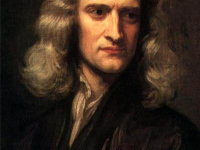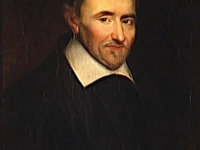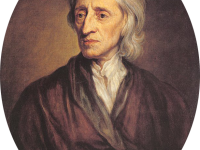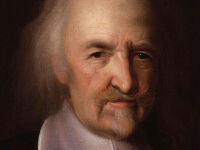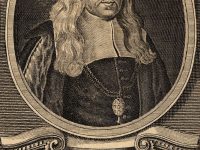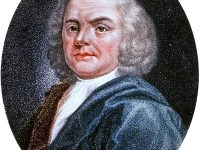Standing on the Shoulders of Giants – Sir Isaac Newton
On January 4, 1643 [N.S.] (25 December 1642 [O.S.]), Sir Isaac Newton, famous physicist, mathematician, astronomer, natural philosopher, alchemist and theologian, was born. With his Principia Newton laid the foundation of modern classical mechanics. Besides he constructed the very first reflecting telescope and independent of Gottfried Wilhelm Leibniz developed differential and integral calculus [10]. “We are to admit no more causes of natural things than such as are both true and sufficient to…
Read more

